Coronavirus: No hugs or kisses in this aching loneliness
As Melbourne’s lockdown relentlessly grinds on, Bronte Tarn-Weir has a simple, human craving: she aches for the face-to-face company of one of the “many wonderful people” in her life.
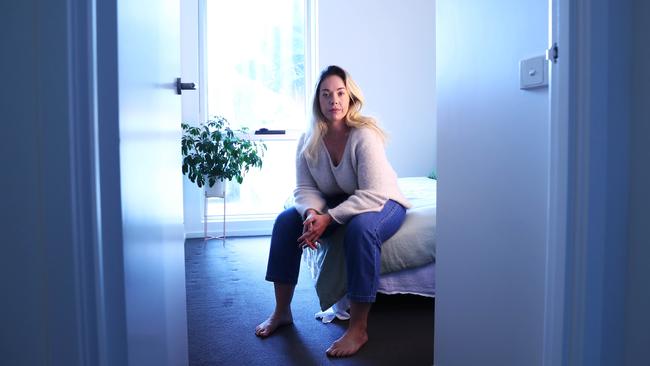
Bronte Tarn-Weir has a simple, human craving: she aches for the face-to-face company of one of the “many wonderful people” in her life.
The 32-year-old lives by herself in Melbourne and says the ongoing isolation from her family and friends is slowly eating away at her. In that sense, she’s not alone.
As the citywide lockdown relentlessly grinds on, the grip of loneliness has tightened around countless locals like Ms Tarn-Weir, who have been forced to live for several weeks — or longer — without a hug, or a kiss, or a shared cup of coffee.
The lockdown has been especially painful for Ms Tarn-Weir — 16 months ago her partner died from cancer and she remained in their inner-city home, her months of personal grief merging into the onset of COVID-19.
“It’s tough. I didn’t think I was ever lonely and obviously I have been dealing with grief, but it (lockdown) has made me feel very alone, and I say that knowing I have many wonderful people in my life.”
So when Victorian Premier Daniel Andrews announced the introduction of a “single social bubble” — starting this Sunday — for people living alone, Ms Tarn-Weir was pleased by the prospect of again having someone in her home.
“There’s something about being in the face-to-face company of a person that can really shift your mood,” she says.
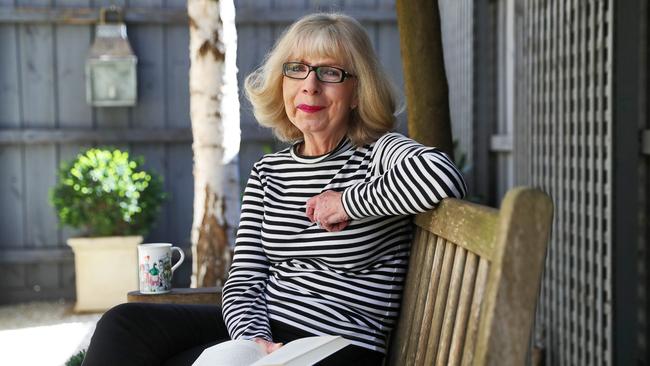
Even if they are both masked.
“You can still feel someone’s energy without seeing their mouth,” says Ms Tarn-Weir. “We Melburnians are getting very good at expressing with our eyes.”
But deciding on the one person with whom you will share that bubble can be fraught. Some people may feel left out if they are not chosen.
“I thought, ‘I am going to be able to have a friend around for dinner’. But then I realised it’s just one person, and that’s really hard,” Ms Tarn-Weir says.
Solitariness has become an increasing concern as Melbourne’s lockdown continues.
“The meaning of life comes from having a shared world,” says clinical psychologist Rob Gordon.
“When you suddenly go into isolation, many talk about being invisible and that they don’t matter. It’s really a challenge to their sense of identity.”
He supports the bubble for potentially helping to curb the erosion of identity that can come with being locked down alone for so long.
“When we’re alone our sense of self is like a tyre running out of air,” says Dr Gordon. “The best remedy is just a bit of contact with somebody.”
Christine Martin, 66, has become accustomed to her own company. For the eight years since her husband died she has lived by herself, but being locked down twice in Melbourne this year, and largely confined to her home for weeks, has left her feeling unexpectedly alone.
“I’ve lost social confidence,” says Ms Martin, who has no children and whose family lives interstate. “In COVID you have nothing to look forward to brighten your day. And there’s only so much you can do every day in your own home.”
Although she has a strong circle of friends, she has essentially forgone physical human contact. “I can go five days and not speak to a soul. I don’t have a sense of purpose.”
Ms Martin was initially excited by the idea of the social bubble. After so long she could be physically present with another human being, nominating one person to visit her home, or she could visit theirs.
“Conceptually I thought it was a good idea,” she says. “It gave me hope.”
Then she began to consider the practicalities — whom she might meet and where — and finding someone suitable became difficult. Because she doesn’t drive she is dependent on seeing those who live within walking distance.
She isn’t comfortable entering the homes of her older friends because of their increased vulnerabilities.
A younger friend of hers would have been ideal, but the friend’s partner works at home and under the new rules Ms Martin would have to visit in the brief period that her friend’s husband is able to be out.
And because masks will still need to be worn, even inside one another’s homes, important signals of emotion could be hidden.
“What’s the feasibility of wearing a mask if you have someone coming into your home and you’re having a meal together?” says Michelle Lim, scientific chair of the charity Ending Loneliness Together and senior lecturer in clinical psychology at Swinburne University.
Mostly though, Ms Lim welcomes the relief that single social bubbles will provide. “That’s what people are yearning for, face-to-face interaction. We know that the people who are living alone are the ones that are suffering most.”



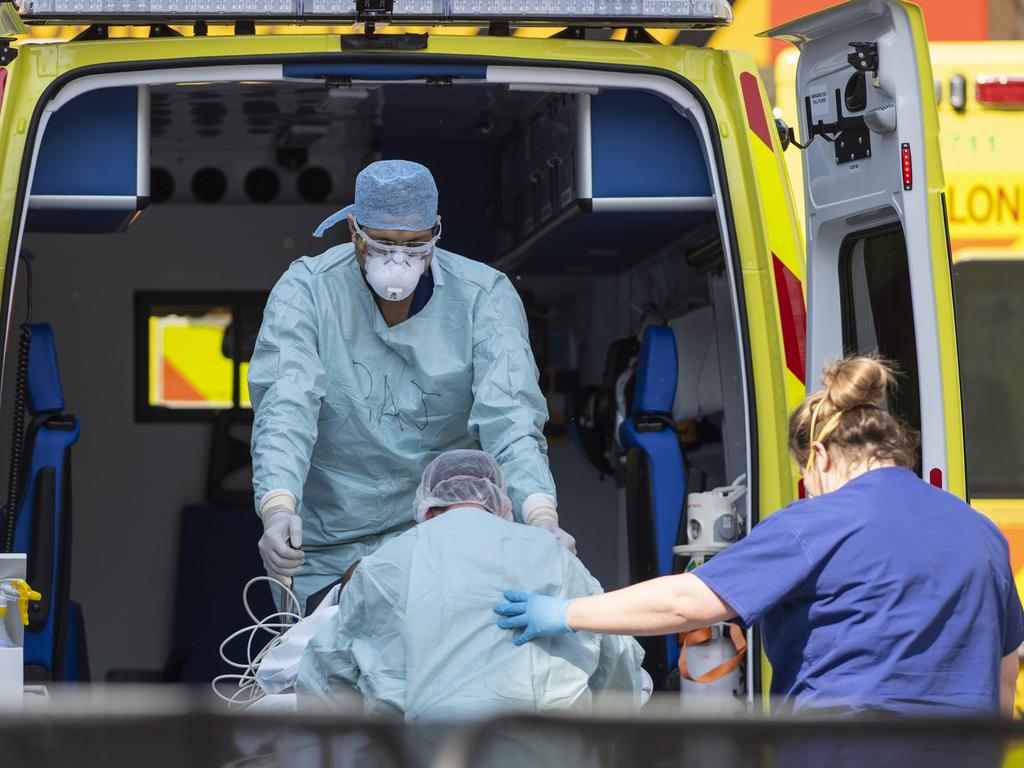


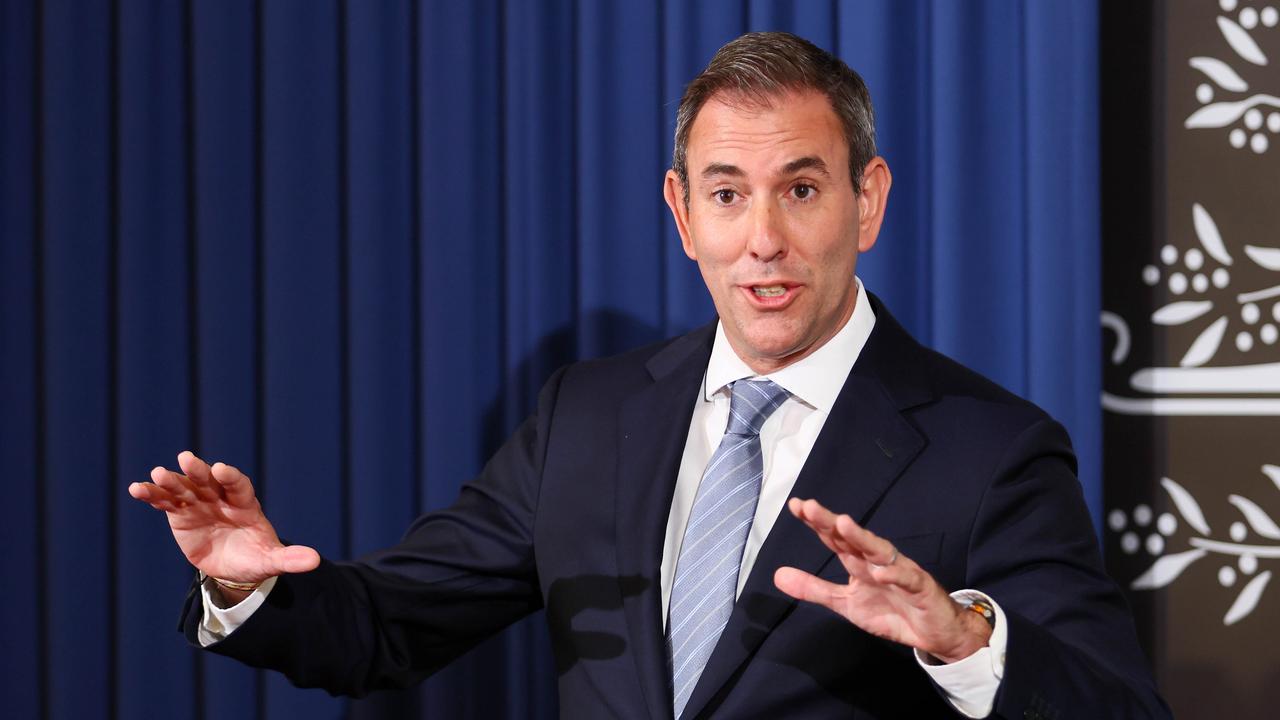
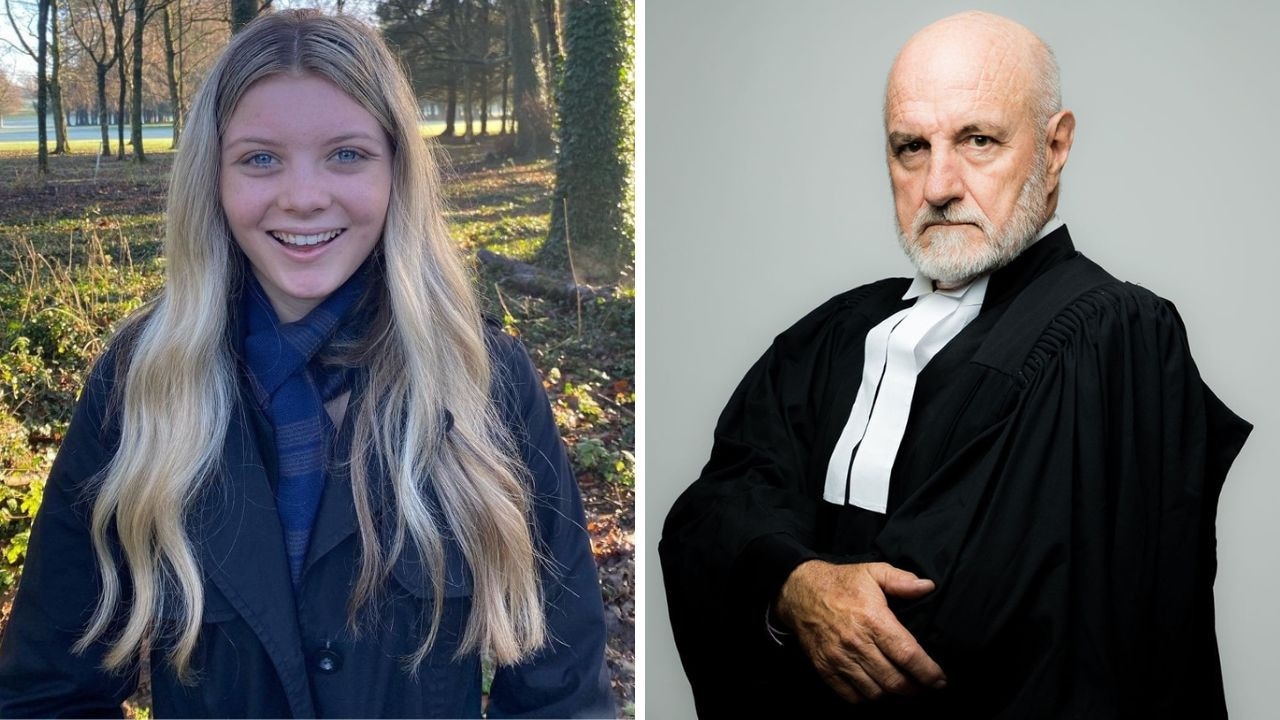
To join the conversation, please log in. Don't have an account? Register
Join the conversation, you are commenting as Logout